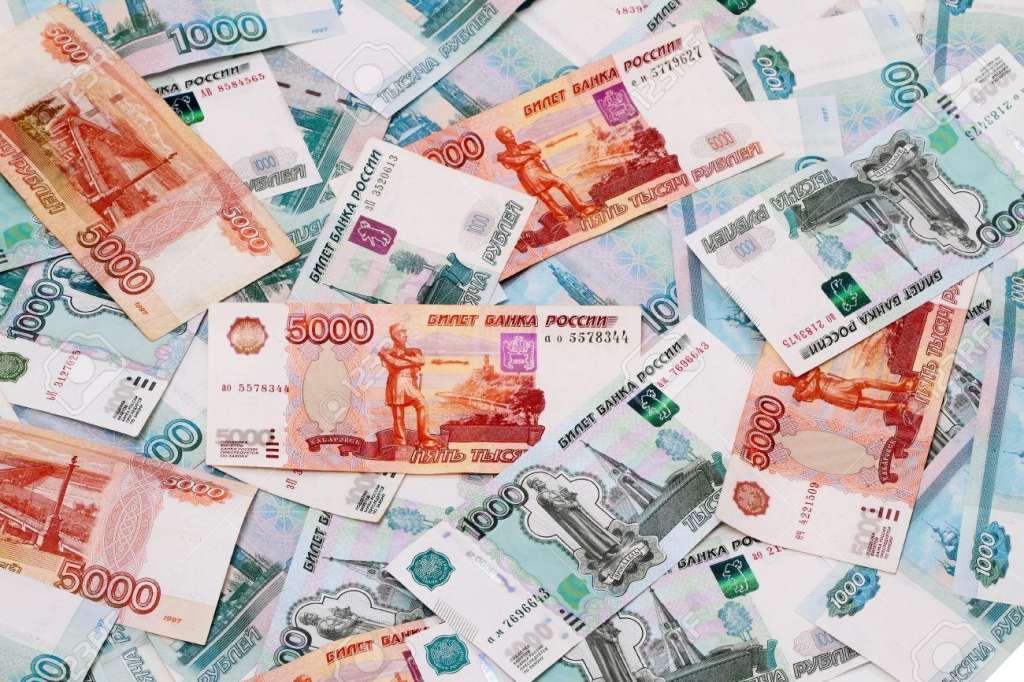This month the Central Bank of Russia published information showing that the earnings from Russian businesses and of the richest citizens continue to flow abroad through the purchase of stakes in companies and the issuance of loans.
Last year 2.5 trillion rubles, $42 billion, flowed from Russia into offshore markets. This is 15% more than the Russian federal budget spent a year on the national economy and twice the amount allocated for education and healthcare combined.
Cyprus remains the main “magnet” for Russian direct investments. This year, companies and individuals of the Russian Federation invested $35.9 billion in Cypriot companies. The total amount of Russian investments on the island reached a new historical record – $177.4 billion. At the current rate this is 11 trillion rubles – five times the defense budget of Russia and eighteen times the entire system for higher education.
According to the National Bureau of Economic Research (NBER) of the United States, the richest Russians have offshore assets amounting to 60% of Russia’s GDP. This is almost 60 trillion rubles, or about one trillion dollars at the current rate.
The outflow of the Russian money abroad, which started after the fall of Communism, always was considered a big problem in Russia.
According to an article in one of the most popular Russian newspapers Komsomolskaya Pravda, one percent of the richest Russians own 71% of all personal assets in the country.
Komsomolskaya Pravda wrote:
“People know how to count. They are perfectly aware that the Russian upper class of officials and those closest to them, let’s say capitalists though they are not real capitalists since, in fact, they simply robbed the country.”
According to the Russian Academy of Sciences, confirmed by the International Monetary Fund and the World Bank, as well as the Organization for Economic Cooperation and Development (OECD), Russia now owns about 40% of all renewable and non-renewable natural resources of the planet. The wealth of the country is estimated at 300-350 trillion dollars. Roughly speaking, there are potentially $ 2-2.5 million for each Russian citizen. With efficient and technologically efficient exploitation of natural resources and a fair distribution of revenues, primarily ‘natural rent’, Russia today could ponder introducing an unconditional basic income.
“The ruling class exported to the West funds,‘earned by tireless labors’, amounting to the total of more than $5 trillion. According to approximate calculations, this is almost $40,000 dollars for every Russian, or about $100-110 thousand dollars – for a family with one child, about $75-80 thousand – for a family of two pensioners.
“This is money that the one percent actually stole from the remaining ninety-nine.”
The Russian government has taken actions to stop the outflow of money. But none of the actions seemed to really help. No surprise. Those who were behind the actions themselves were keeping their earnings abroad.
Now, paradoxically, anti-Russian sanctions by the Western governments, which hurt the billionaires from Putin’s close circle, seem to help solve the problem of Russian money flight.
Just in several last months:
US imposed sanctions against Russian oligarchs and government officials, freezing their assets;
– About 700 wealthy Russian visa-holders in Britain were being asked to provide proof that their wealth comes from legitimate sources;
– A Danish bank accused Russia of money laundering;
– Deutsche Bank reported a $10 billion Russian money-laundering scheme.
The list of such events keeps growing.
All these measures are aimed to punish the Russian Government. But the results are not without benefits.
On June 7, Russian President Vladimir Putin, answered questions from Russians in the annual TV program “Direct Line”, carried by the majority of Russian TV stations.
Putin called the actions of the West against Russian entrepreneurs abroad a “big mistake”. At the same time he once again called on the oligarchs to keep their capital in Russia.
Putin paid special attention to the fact that the western sanctions were expected. He recalled his last year’s meeting with representatives of big Russian business:
“I’ve warned that such a development of events is possible and, using a crude expression, I recommended our businesses keep their capital in Russia, to use it for the development of the Russian economy.”
Putin cited the example of 2008, “when we faced a crisis, many of our large companies were in a difficult situation, having accumulated a large number of loans from Western institutions.”
Then the government helped businesses, and the situation was stabilized.
Putin asked, smiling to cameras:
“Who will help our oligarchs abroad now when they are being persecuted there? They would be better in Russia – we have already announced an amnesty for capital twice.”


